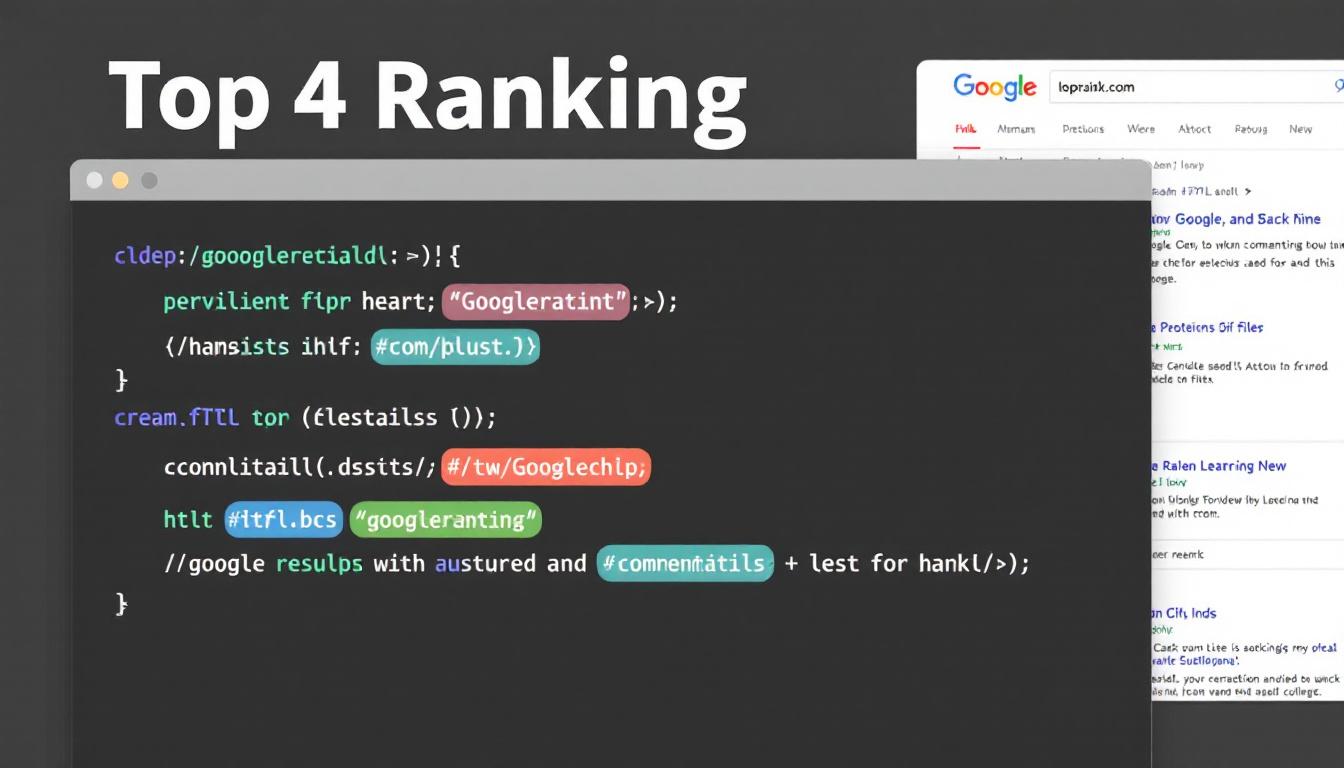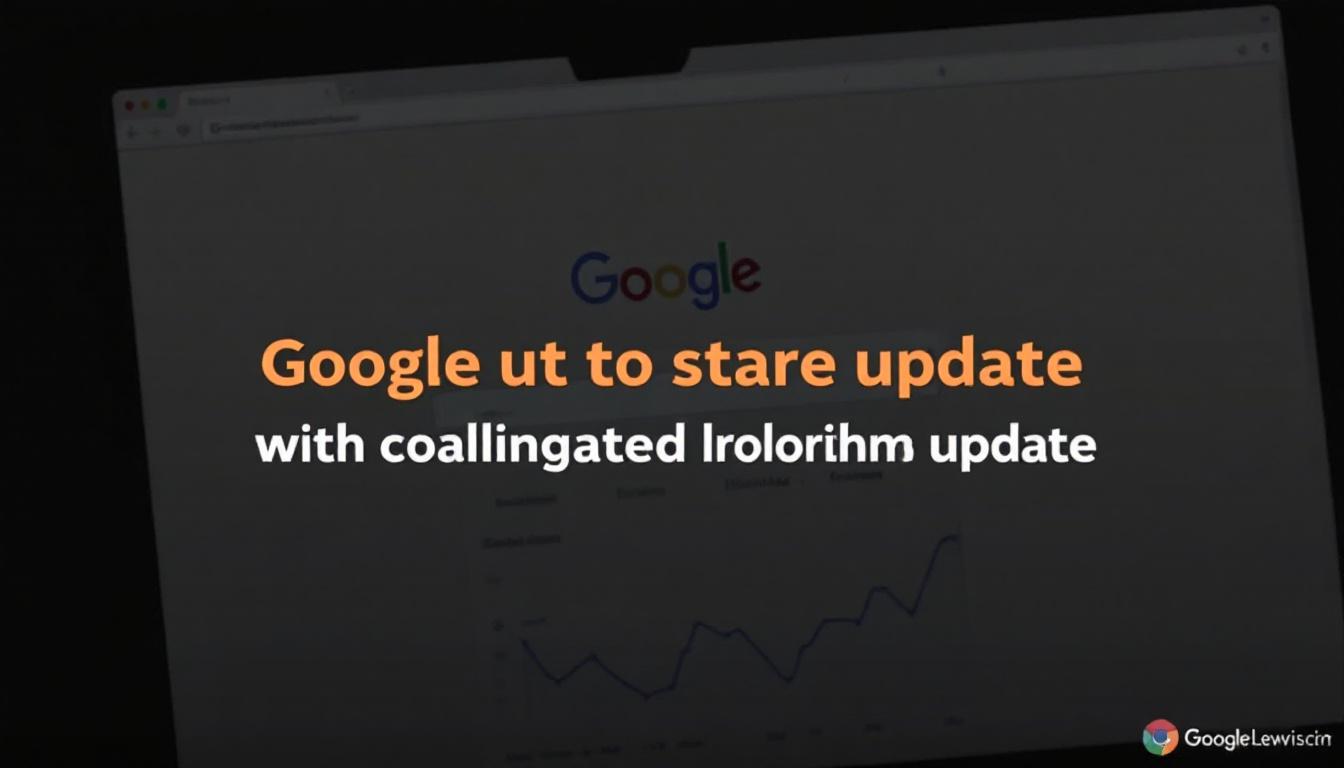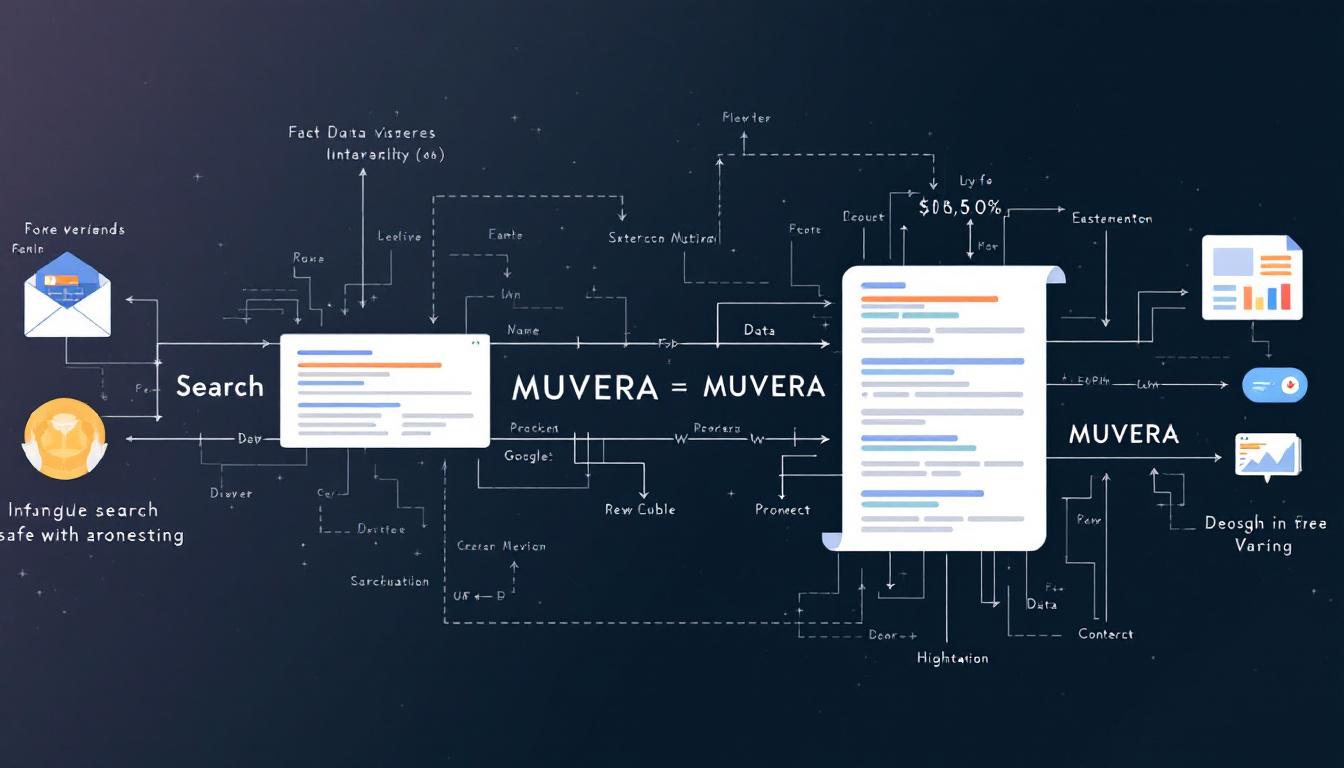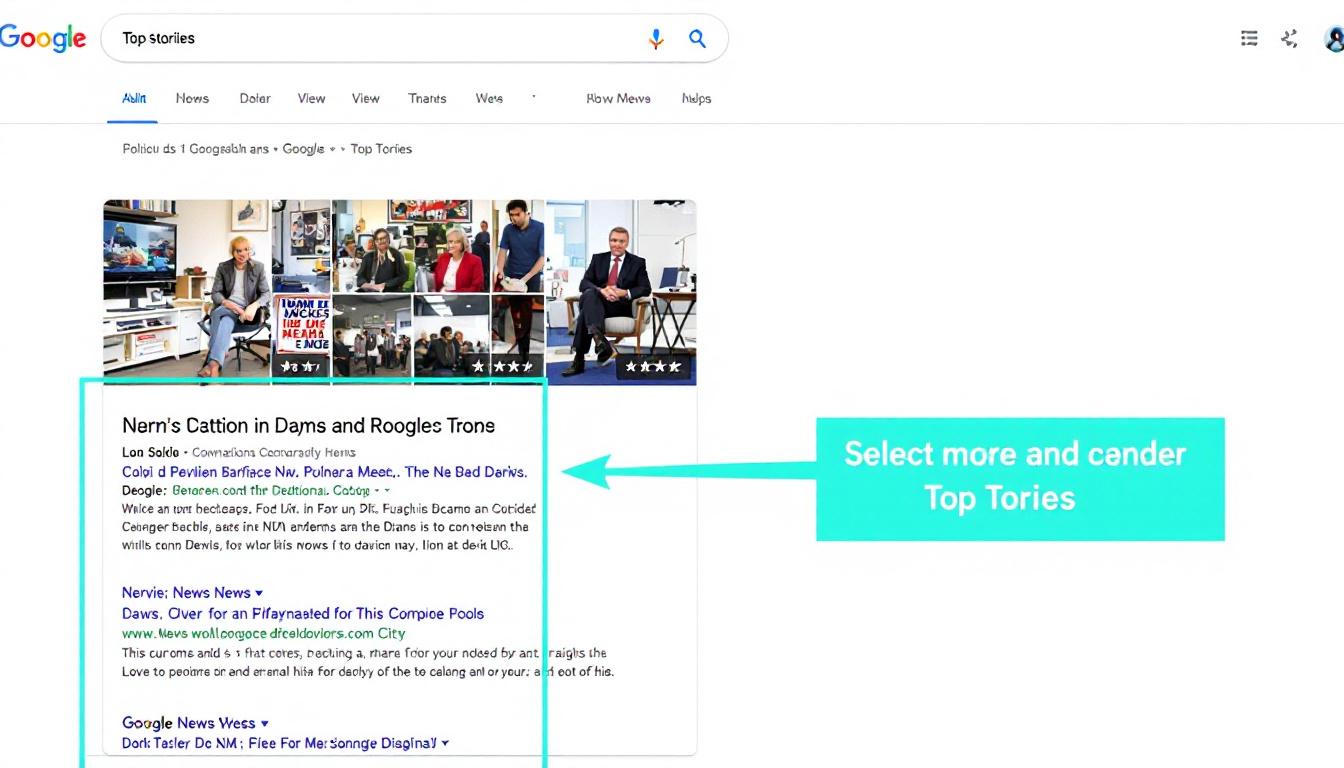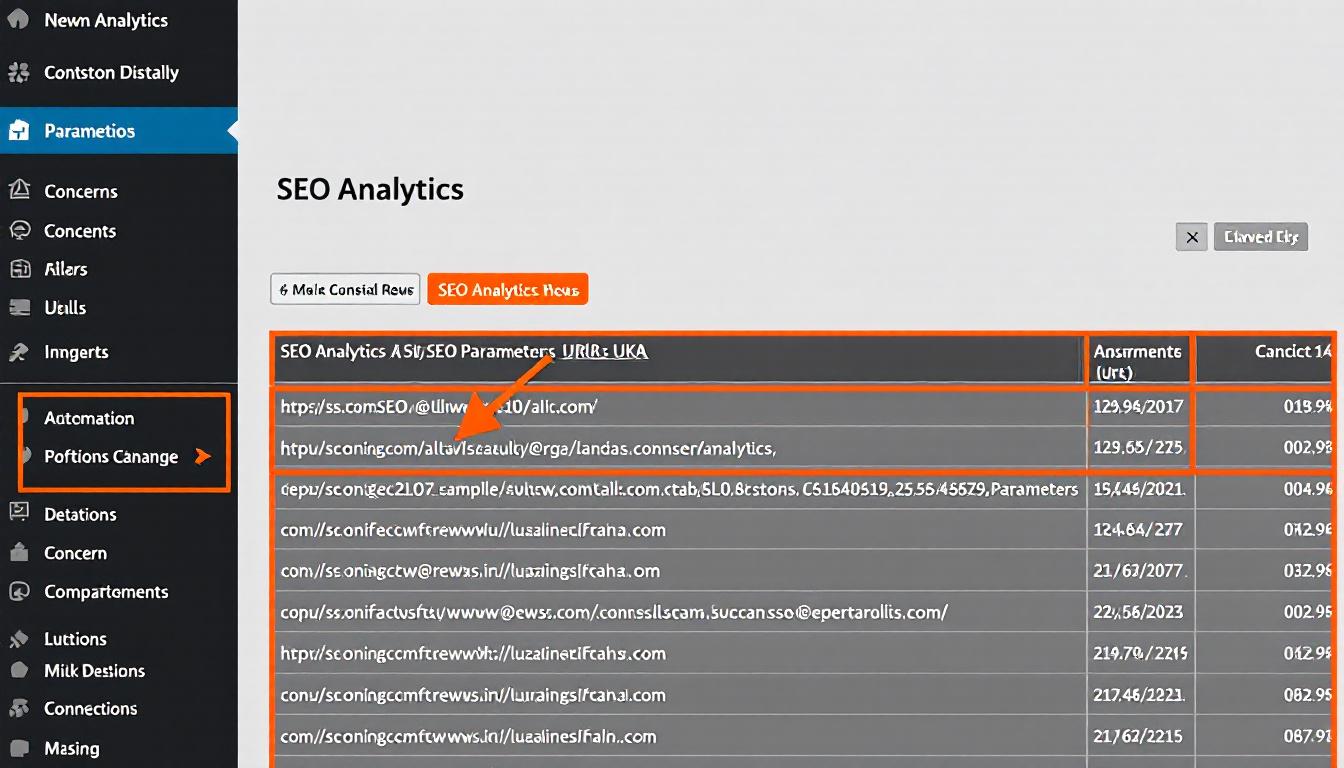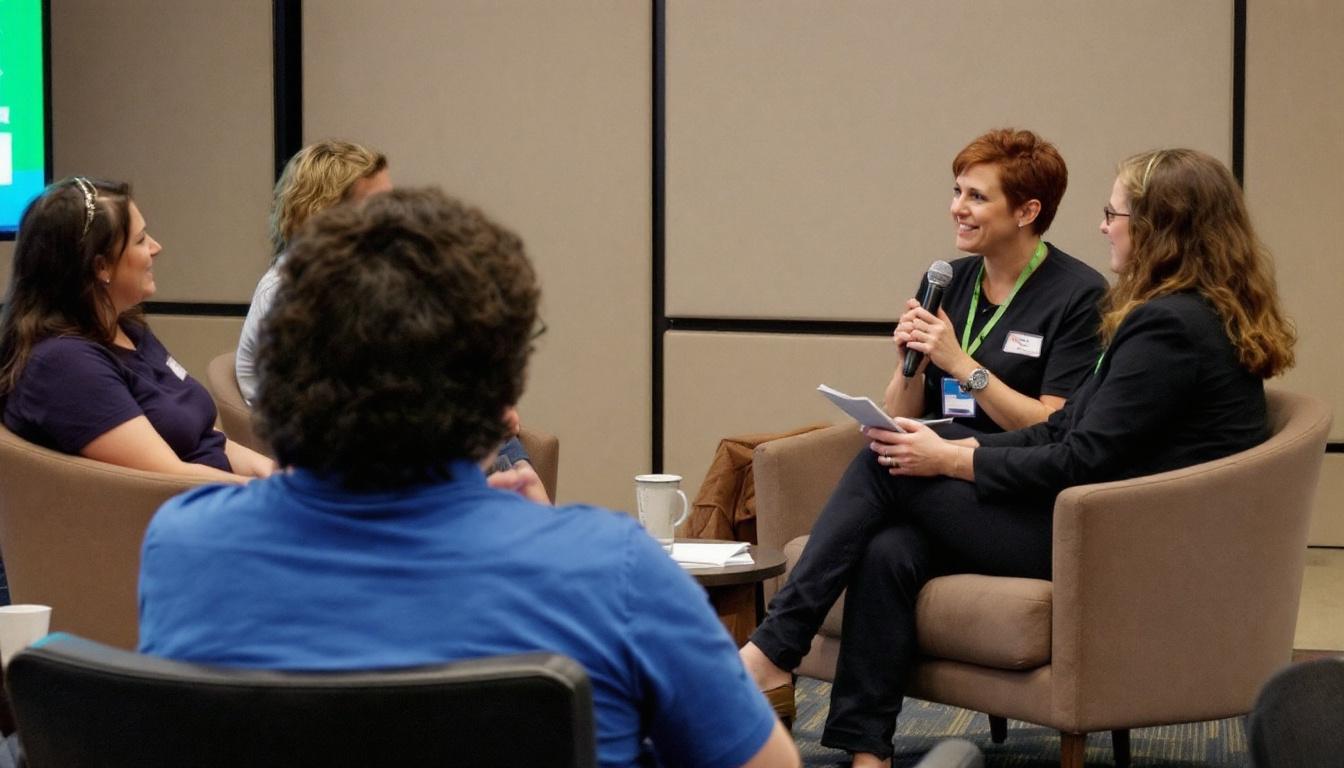A leading figure in search marketing has voiced strong opinions against the notion that Google’s AI-driven search landscape demands overly complicated SEO strategies.
Udemy
Whether you're just starting out or want to keep up on the latest SEO techniques, Udemy can help be the SEO Expert in no time.
Greg Boser, a seasoned SEO professional, emphasizes that many current claims about AI search simplify the reality of SEO progression and its enduring principles.
Evolution of SEO and Digital Marketing
In his latest discourse, Boser addresses the misconceptions that plague newcomers to the SEO industry, highlighting the outdated practices that still persist today.
Outdated SEO Practices Persist
Boser points out that certain SEO tactics, though old, are often misunderstood or misrepresented by those new to the field.
For instance, the strategy of purchasing backlinks is not a novel concept. Retroactively renamed as Private Blog Networks (PBNs) by beginners, this practice remains essentially unchanged.
Boser highlights that the notion of privacy in PBNs is flawed, as any content published online becomes accessible to Google almost immediately, rendering the efforts of private bloggers moot.
Boser’s critique extends to how some marketers attempt to rebrand long-standing SEO techniques without addressing their intrinsic flaws or the advancements in Google’s algorithms that counteract such methods.
The Transformation of Google’s Organic Link Strategy
Moving beyond specific tactics, Boser delves into the broader shifts in how Google manages and prioritizes organic links within its search results.
Historical Milestones in Google’s Search Evolution
Boser outlines key developments over the past fifteen years that have significantly shaped the current SEO landscape.
He recalls pivotal updates like Rich Snippets in 2009, the Knowledge Graph in 2011, and the introduction of AI-driven mechanisms like BERT in 2019.
Each of these milestones contributed to a more nuanced understanding of user intent and context, moving away from simplistic keyword-based evaluations.
Misconceptions About Recent Changes
Boser criticizes narratives that suggest recent changes are abrupt or entirely new phenomena.
By ignoring the incremental advancements made over the years, some marketers falsely portray recent SEO trends as revolutionary, overlooking the continual optimization efforts that have always been part of effective search strategies.
This historical perspective reinforces Boser’s argument that SEO is not being rendered obsolete by AI but is instead evolving in tandem with Google’s increasing sophistication.
Addressing the Fear Around AI-Driven Search
Boser confronts the anxiety that some marketers feel towards AI search, advocating for a level-headed approach rather than succumbing to fear-based tactics.
The Reality of AI’s Impact on SEO
While acknowledging the complexities introduced by AI, Boser maintains that fundamental SEO principles remain intact.
He explains that AI search broadens the scope of search intents covered, akin to enhancing the depth and breadth of query responses. However, this does not negate the importance of site promotion, technical SEO, and other core practices.
Boser argues that adapting to these changes is essential, and that AI does not replace SEO but adds another layer to its practice.
The Bottom Line
Greg Boser’s insights shed light on the enduring nature of SEO amidst evolving search technologies.
By debunking myths and emphasizing the continual adaptation required in SEO practices, Boser underscores that AI-driven search is another chapter in the dynamic story of search marketing, not the end of it.
Marketers should focus on adhering to proven SEO fundamentals while staying informed about technological advancements to navigate the changing landscape effectively.

